Bristol Tag Removal: Techniques for Skin Tag Elimination

Skin tags, benign growths caused by excess collagen and friction, can be removed through various met…….
Understanding Bristol Tag Removal
Bristol Tag Removal refers to the process of safely and efficiently removing concrete tags, or graffiti, from surfaces in public spaces within the city of Bristol, UK. This practice is not just about aesthetics; it encompasses preserving historical architecture, fostering community pride, and deterring vandalism. The core components of Bristol Tag Removal include specialized cleaning methods, legal frameworks, community engagement, and collaboration between local authorities, service providers, and citizens.
Historically, the city of Bristol has been at the forefront of addressing street art and its removal. The approach taken by Bristol reflects a balance between respecting artistic expression and maintaining the integrity of urban environments. Over the years, the methods for tag removal have evolved from simple paint stripping to advanced conservation techniques that minimize damage to underlying surfaces.
Global Impact and Trends
The impact of Bristol Tag Removal extends beyond its immediate locale as it becomes a case study for cities worldwide grappling with similar issues. The global trends in urban art management reveal a shift from punitive measures towards more nuanced approaches that incorporate community consultation, legal graffiti zones, and restorative practices.
In different regions, the approach to tag removal varies widely. Cities like New York and São Paulo have extensive legal frameworks for sanctioned street art, while others adopt a zero-tolerance policy towards unauthorized markings. The global discourse around Bristol Tag Removal has influenced these diverse responses, highlighting the importance of context-specific solutions that align with local cultural values and legal norms.
Economic Considerations
Economically, the costs associated with Bristol Tag Removal are significant for municipalities. These include direct expenditures on removal services, indirect costs such as property devaluation, and long-term investments in maintenance and conservation. The economic dynamics are further influenced by tourism, real estate markets, and the potential for street art to boost local economies through cultural tourism.
Investment patterns in urban regeneration projects often include budget allocations for tag removal, reflecting a broader emphasis on sustainable city living. Bristol Tag Removal is thus not just about cleanliness but also about economic sustainability and community well-being.
Technological Advancements
Advancements in technology have significantly impacted the field of tag removal. Innovations include eco-friendly chemical solutions that remove paint without damaging historic surfaces, non-invasive laser technologies that strip away layers of graffiti, and drones equipped with high-pressure washers for hard-to-reach areas. These advancements not only improve the efficiency and effectiveness of removal processes but also contribute to a more sustainable approach to urban upkeep.
The future potential of technology in Bristol Tag Removal is promising, with ongoing research into materials that repel graffiti and smart systems that detect and report tags in real-time. These developments promise a proactive rather than reactive stance on maintaining public spaces.
Policy and Regulation
Policies and regulations surrounding Bristol Tag Removal are multifaceted, involving legal frameworks for both the application and removal of street art. The legislative landscape is shaped by human rights considerations, property laws, and heritage preservation mandates. These frameworks aim to balance the protection of artistic expression with the rights of property owners and the interests of the broader community.
Key policies include those that define acceptable public art practices, establish protocols for tag removal, and provide avenues for legal recourse or dispute resolution. The regulatory environment is dynamic, evolving in response to legal challenges, technological advancements, and shifts in societal values.
Challenges and Criticisms
Bristol Tag Removal faces several challenges, including public opinion polarization, the ethical considerations of art erasure, and resource constraints. Critics argue that indiscriminate removal of street art can be seen as an act of cultural vandalism, while supporters contend that it is a necessary service for maintaining public spaces.
To address these issues, a multifaceted approach is required. This includes engaging with the community to understand different perspectives, investing in preventive measures to reduce the incidence of tagging, and developing clear guidelines for the removal process that respect both the art and the surfaces on which it appears.
Case Studies
Several case studies from Bristol illustrate successful applications of tag removal. One such example is the collaboration between local authorities and conservation experts to restore a historically significant mural. The process involved careful assessment of the materials used in the original artwork, selection of appropriate cleaning agents, and meticulous application of the removal process.
Another case study highlights the city’s approach to addressing tagging hotspots through a combination of community art projects, increased surveillance, and responsive maintenance crews. These examples provide valuable insights into effective strategies for managing street art and its removal.
Future Prospects
Looking ahead, Bristol Tag Removal is poised to evolve with the changing landscape of urban art management. Emerging trends include the development of more sustainable practices, the integration of community-led initiatives, and the use of technology to prevent and address graffiti vandalism.
Strategic considerations for the future involve fostering a dialogue between artists, city planners, and residents to create policies that respect artistic freedom while preserving the aesthetic integrity of public spaces. The potential for Bristol’s approach to influence global practices is significant, as cities worldwide seek solutions to similar challenges.
Conclusion
Bristol Tag Removal represents a complex issue with profound implications for urban aesthetics, community well-being, and economic vitality. It is a microcosm of broader societal debates around art, ownership, and the right to the city. As cities across the globe grapple with similar issues, Bristol’s experiences offer valuable lessons on navigating these challenges through innovative policies, advanced technologies, and community engagement. The future of urban art management promises to be as dynamic and diverse as the cities it affects.

Skin tags, benign growths caused by excess collagen and friction, can be removed through various met…….
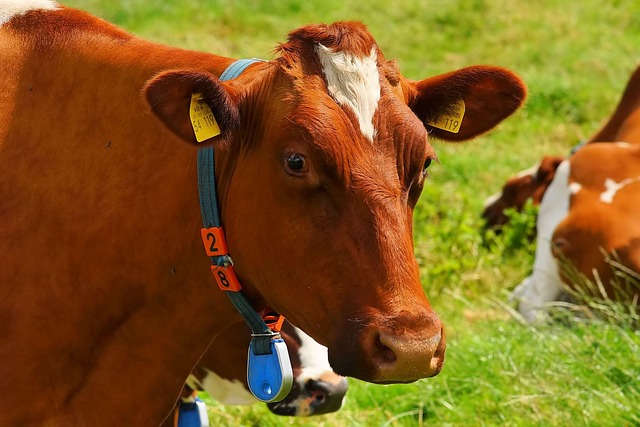
Skin tags, or acrochordons, are small growths caused by friction, clothing irritation, hormonal chan…….

Skin tags on the neck, caused by friction, have various appearances and removal options in Bristol……..

Skin tags in sensitive areas like the neck, armpits, and groin require careful approach for Bristol…….

Skin tags, caused by genetics and friction, commonly appear on neck, armpits, and groin. Removal opt…….

Skin tags in Bristol, caused by friction, obesity, poor hygiene, and hormonal changes, can be manage…….

Skin tags, caused by friction, vary in size and type. Bristol Tag Removal offers multiple methods, f…….
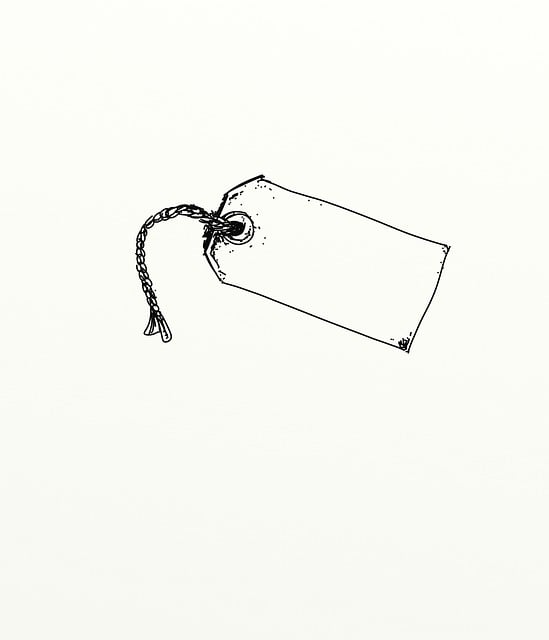
Unwanted skin growths like moles, warts, and tags vary in cause and consequence, ranging from harmle…….

Skin tags, caused by friction or various factors like aging and genetics, are common in adults. Bris…….

Skin tags, harmless growths caused by friction, commonly appear in areas like the neck and armpits……..

Skin tags, benign growths often found in areas of friction, can be removed for cosmetic or comfort r…….

Skin tags on the neck, caused by friction, hormonal changes, or obesity, can be safely and effective…….
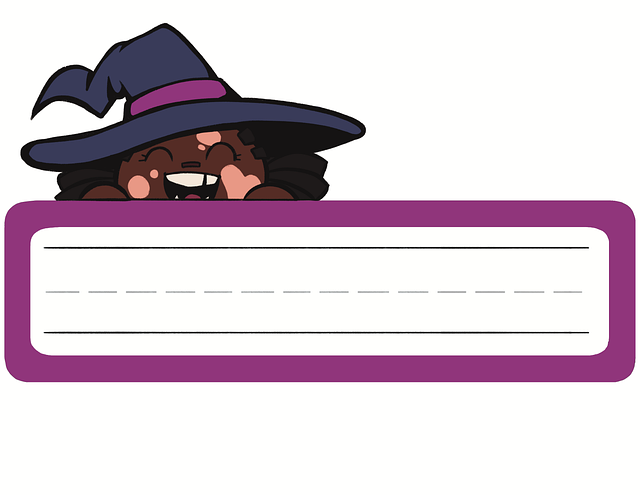
Skin tags, harmless growths in folded skin, can be removed through non-invasive Bristol Tag Removal…….

Bristol Tag Removal offers various modern techniques for effective skin tag excision, with methods l…….

Skin tags on the neck can be removed safely and effectively through various methods, including over-…….

Skin tags, benign growths caused by friction or irritation, can be safely and effectively removed th…….

Skin tags, medically known as acrochordons, can be removed at home using apple cider vinegar (ACV),…….
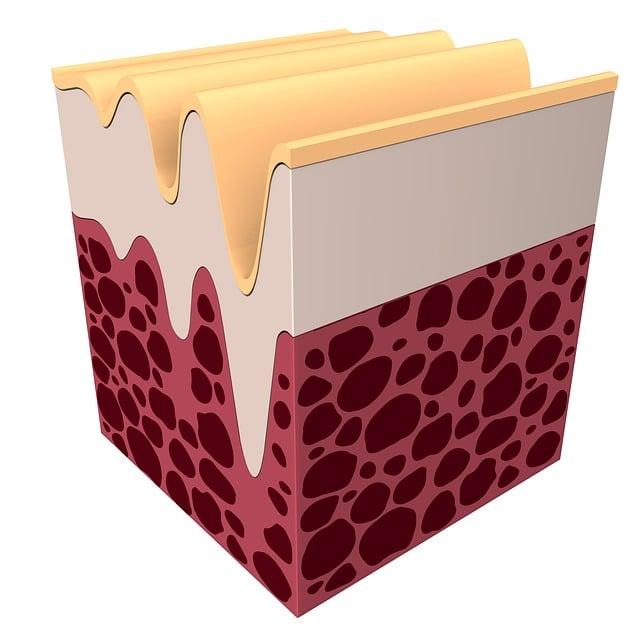
In Bristol, tag removal has become popular due to advanced aesthetic practices. Unwanted skin growth…….

Skin tags, caused by friction, hormones, or genetics, are soft growths that can be irritated in sens…….
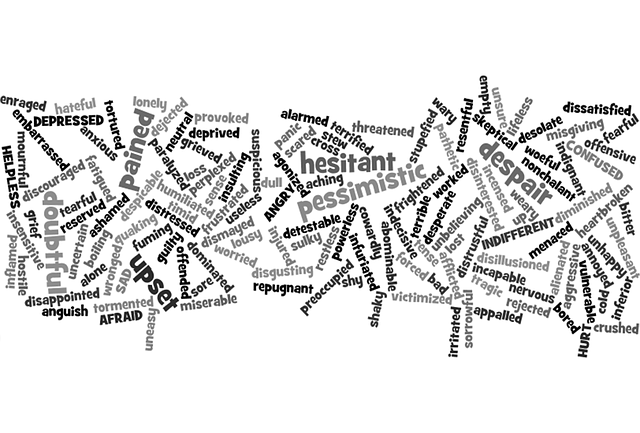
Skin tags, caused by friction or genetics, can be removed in Bristol through various methods. Tradit…….

Skin tags, common growths in sensitive areas like the neck, armpits, and groin, require careful remo…….

Skin tags, caused by friction or trauma, can appear on various body parts and are removable in Brist…….

Skin tags, or acrochordons, are common but unsightly growths that can be removed for cosmetic reason…….

When considering Bristol Tag Removal, cost is determined by tag size, location, quantity, and chosen…….

Skin tags, or acrochordons, are benign growths with various causes and types. Non-invasive Bristol t…….

Skin tags, those small, soft lumps of skin, can be a nuisance. Understanding what causes them and ex…….
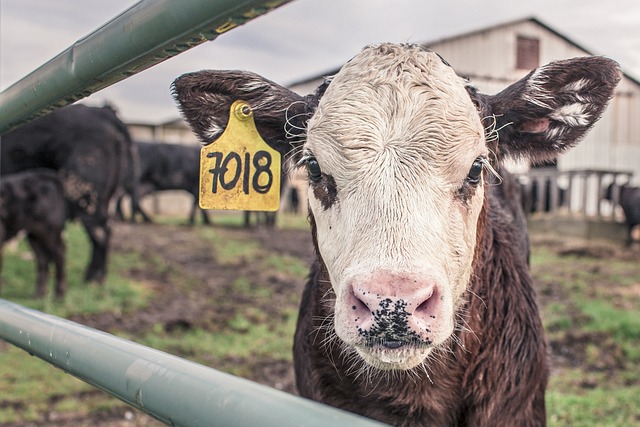
Skin tags, caused by friction, vary in size and type, requiring tailored removal methods like topica…….

Skin tags, or acrochordons, are small, soft growths common in areas of friction. People can leave th…….

Skin tags, benign growths common in friction-prone areas, often lead people to seek Bristol Tag Remo…….

Skin tags in sensitive areas like the neck, armpits, and groin can be safely and effectively removed…….

Skin tags, caused by friction, weight gain, or aging, can be removed in Bristol via at-home remedies…….

Skin tags, caused by genetics, hormonal changes, obesity, or skin irritation, are soft growths commo…….

Skin tags, benign growths varying in type and size, often arise from excess skin tissue and can be g…….

Cryotherapy for skin tags in Bristol offers a safe and effective way to remove these benign growths…….

Skin tags, benign growths often caused by friction, can be removed for cosmetic reasons. While at-ho…….

Skin tags, caused by friction, irritation, and other factors, are commonly removed through non-surgi…….
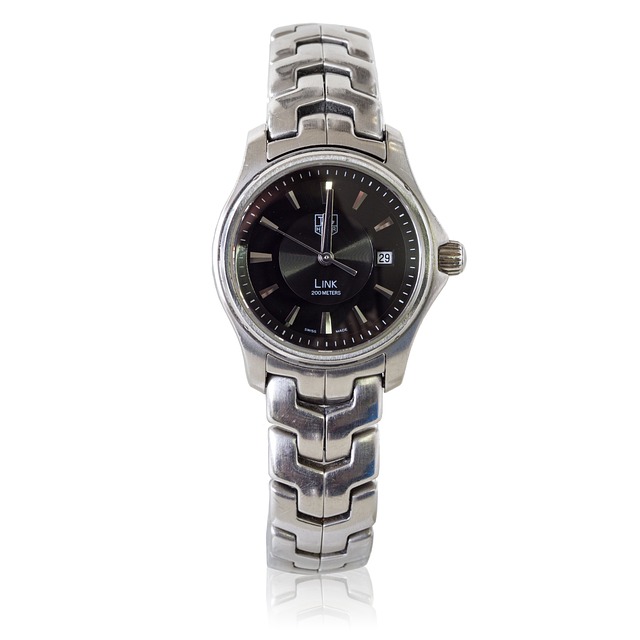
Skin tags, medically known as acrochordons, are harmless growths caused by friction or trauma, appea…….

Skin tags, harmless growths caused by friction, weight gain, or hormones, can be removed through var…….

Skin tags, or acrochordons, are benign growths that can be removed in Bristol for cosmetic or comfor…….
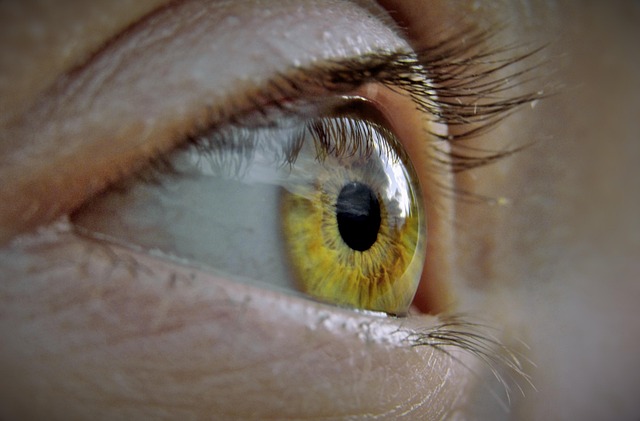
Skin tags in Bristol can be effectively and painlessly removed using modern methods like cryotherapy…….

Skin tags on the neck can be removed through various methods, from home remedies like apple cider vi…….

Skin tags, harmless growths common on neck, armpits, or groin, can be safely removed at home using v…….

Preventing and addressing skin tags in Bristol requires a combination of personal hygiene, protectiv…….

Skin tags, caused by friction or genetic factors, are common but can be cosmetically unwanted. Brist…….

Skin tags, or acrochordons, are soft growths commonly found in areas of skin friction, like the neck…….

Skin tags, caused by friction or irritation, can be removed in Bristol through non-surgical methods…….

Skin tags, or acrochordons, are common, harmless growths that can cause discomfort. Bristol Tag Remo…….

Skin tags, caused by friction or irritation, are harmless growths commonly treated through natural r…….
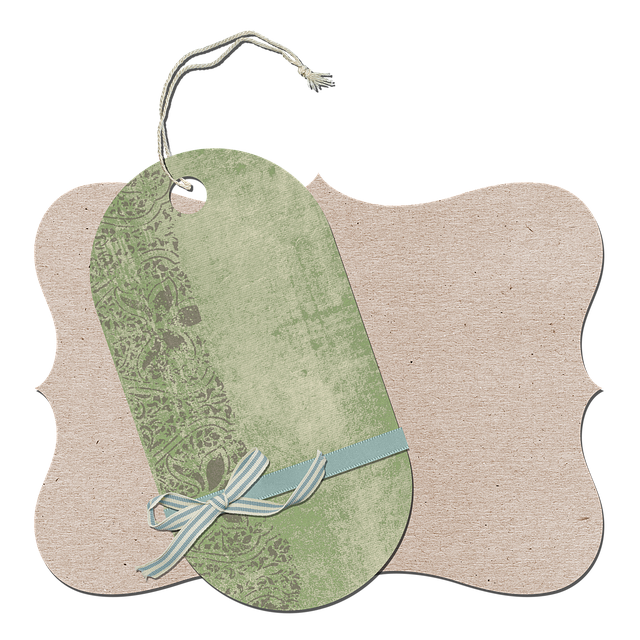
Skin tags, caused by friction or trauma, can be removed naturally using essential oils, duct tape, o…….